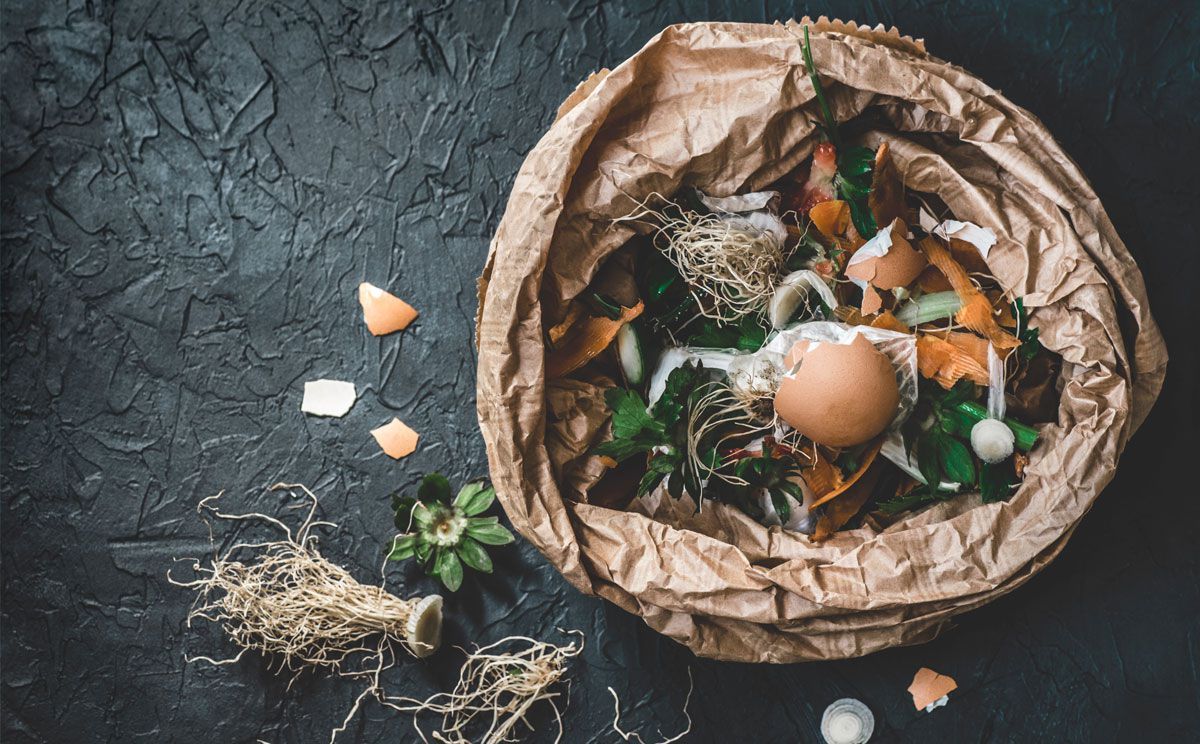How and Why would I Compost
You might want to compost if you need fertilizer for your garden or landscaping. Compost is just as good or better than commericial fertilizers. It also doesn't cost anything to create compost because it's made with the organic waste you produce.

How and Why would I Compost
Why should I make a Compost Pile?
Compost will increase the quality of the soil it fertilizes. The organic make-up of compost is perfect food for all of the microorganisms in soil. When the microorganisms eat the organic matter their waste infuses the soil with things like nitrogen and phosphorus that make a hearty soil perfect for growing plants.
Aside from the personal benefit you will receive by having a healthier garden, creating a compost pile reduces the amount of waste you need to send to the landfills and less resources that your communities waste managment services will have to expend in order to deal with your waste.
How do I make a Compost Pile?
The first thing you'll need to do is pick a convienient location for your compost pile. You'll want it to be somewhere between your garden and your kitchen.
You can use a bin to contain your compost pile but it isn't necissary. A bin does make your compost pile neater in appearance but sectioning of an area with wire mesh will work just as well.
If you want to get a little more involved you can make a 3 bin system so when you turn one bin you can rotate it into another bin. You should keep a top on your bins if you live in a wet environment and on side of the bin should open to allow for turning.
There are two types of organic material that make up a compost pile. The first are "green items" like grass clippings and the other are "brown items" which are things like dry leaves. The following items should never be put in your compost pile:
Do Not Add These Materials To Your Compost Pile
- Animal waste
- Meats
- Oils
- Dairy
- Diseased plants
- Weeds that have gone to seed
- Plants treated with pesticides or herbicides
For the fastest results you should add two parts "green items" for every one part "brown items". You can add some pre-existing compost as starter material to get a new compost pile started. A good size for a compost pile is a three cubic foot pile.
It should take around 50 to 60 days for your compost pile to be ready to use for fertilizer.
Suggestions:
- You should turn your compost pile every five to seven days to promote an even dispertion of organic breakdown
- Do not add water to your compost pile unless you're experiencing very dry weather. Your compost pile should remain just barely damp.
- Turn your compost pile more often and add more dry "brown items" if it has an unnaturally bad smell.
-
Energy Star Interactive Home Energy Saver Tool
Lower your impact and save money by making small changes in your home to make it more efficient. Use the interactive house below to see how you can save energy and money in and around your home.
-
Popular Searches
Popular searches on RecyclingCenters.org
-
How and Why would I Compost
You might want to compost if you need fertilizer for your garden or landscaping.
You might want to compost if you need fertilizer for your garden or landscaping. Compost is just as good or better than commericial fertilizers. It also doesn't cost anything to create compost because it's made with the organic waste you produce.
-
How Do I Recycle Old Books
One of the questions we receive at RecyclingCenters.org is "How do I recycle my old books?". We've compiled a list below of ways you can do recycle books and help out those who don't have access to books or resources to obtain them.